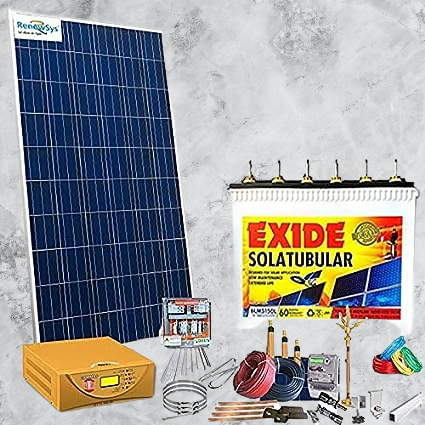What effects would be felt on Earth if Death Star destroyed one of the planets in our Solar System? What would be the worst consequences and how would they differ depending on which planet was destroyed?
The Death Star is a fictional space station and superweapon from the Star Wars franchise, and its destructive capabilities are part of science fiction rather than science fact. However, if we were to consider a scenario where a massive object, like the Death Star, destroyed a planet in our solar system, it would have profound and catastrophic effects on the entire system.
1.Gravitational Disturbances: The sudden removal of a planet would disrupt the gravitational balance in the solar system. Planets exert gravitational forces on each other, and the removal of one would alter the orbits of neighboring planets. This could lead to unstable orbits, potential collisions, or ejections of other celestial bodies.
2. Debris and Meteor Showers: The destruction of a planet would result in a vast amount of debris and fragments. These fragments would spread throughout the solar system and could pose a threat to other planets, moons, and spacecraft. Collisions with this debris could have cascading effects, leading to further destruction.
3. Changes in Orbits: The removal of a planet would also affect the Sun's gravitational influence on the remaining planets. Their orbits could become more elliptical or shift in unexpected ways, affecting the stability of the entire solar system.
4. Tidal Effects: The gravitational interactions between planets help regulate their rotations and orbits. The loss of a planet would alter these interactions, leading to changes in tidal forces on other celestial bodies. This could affect the axial tilt and rotation speed of neighboring planets.
5. Radiation and Energy Release: The destruction of a planet would release an immense amount of energy. This energy could manifest as radiation, shockwaves, and other forms that would propagate through space. The remaining planets in the solar system would be exposed to these effects, potentially causing significant damage.
6. Impact on Life: If the destroyed planet had any form of life, its extinction would be immediate and complete. Additionally, if there were any human colonies or space installations in the vicinity, they would face catastrophic consequences from the debris and energy released during the destruction.
In reality, such an event is beyond the realm of possibility given our current understanding of physics and the stability of our solar system. The scenarios described above are based on speculative and hypothetical outcomes derived from principles of astrodynamics and celestial mechanics.
What would be the worst consequences and how would they differ depending on which planet was destroyed?
The Consequences of destroying a planet would be catastrophic and would depend on several factors, including which planet was destroyed, its size, its position in the solar system, and the potential causes of destruction. However, it's important to note that in reality, destroying a planet is not currently within the realm of human capability, and the following considerations are largely speculative and based on scientific understanding and imagination.
1. Earth:
If Earth were destroyed, the consequences for humanity and all life on the planet would be unimaginably severe. The loss of biodiversity, ecosystems, and the intricate balance of the environment would have cascading effects.
The gravitational impact on other celestial bodies in the solar system could also be significant, potentially affecting orbits and causing gravitational disturbances.
2. Mars:
Mars is not as vital for humanity as Earth, but its destruction could still have consequences. For example, ongoing robotic exploration and potential future human missions would be severely impacted.
The debris from a destroyed Mars could pose a risk to other spacecraft and celestial bodies in the solar system.
3. Jupiter:
Jupiter is a massive gas giant, and its destruction would have profound effects on the dynamics of the solar system. Its gravitational influence helps protect the inner planets from some potential threats, such as asteroids.
The debris from a destroyed Jupiter could pose a threat to other planets and celestial bodies in the solar system.
4. Saturn:
Similar to Jupiter, Saturn's destruction would alter the gravitational dynamics in the solar system. Its iconic rings and numerous moons would be scattered into space, potentially affecting nearby celestial bodies.
The loss of Saturn's gravitational influence could have long-term effects on the stability of orbits in the outer solar system.
Gas Giants and Ice Giants Beyond Saturn (Uranus and Neptune):
These planets, though smaller than Jupiter and Saturn, still play significant roles in the solar system's dynamics. Their destruction could lead to changes in the orbits of other planets and celestial bodies in the outer solar system.
The release of gases and debris from these planets could have far-reaching consequences.
In summary, the destruction of any planet would have profound and cascading effects on the solar system. The specific consequences would vary depending on the characteristics of the planet and its role in the overall dynamics of the solar system. Additionally, the moral and ethical implications of such an act would be immense, and the technology required to achieve it is far beyond current human capabilities.

.jpg)


%20(31).jpg)
Comments
Post a Comment